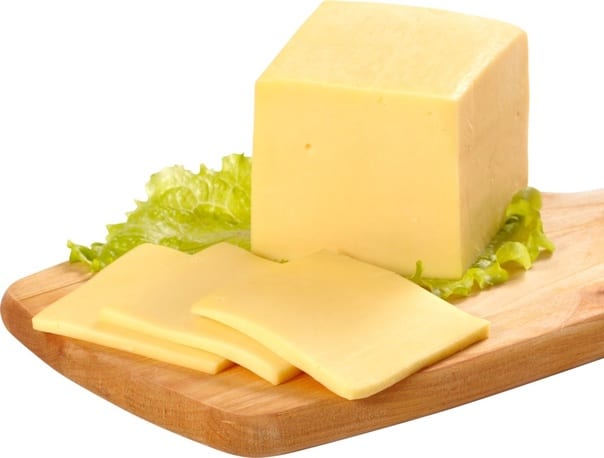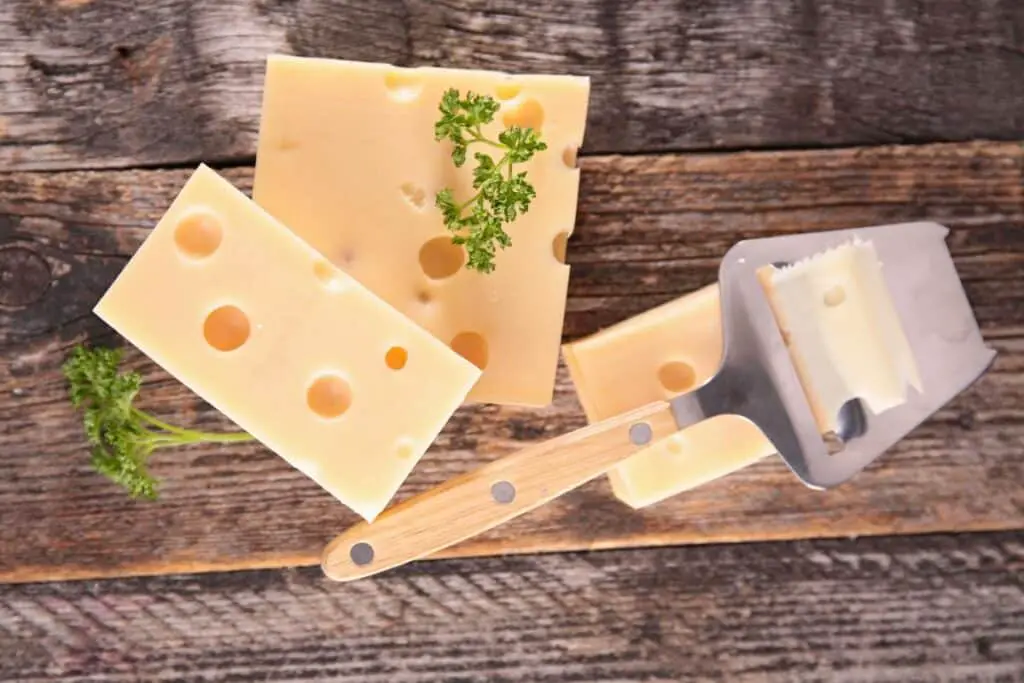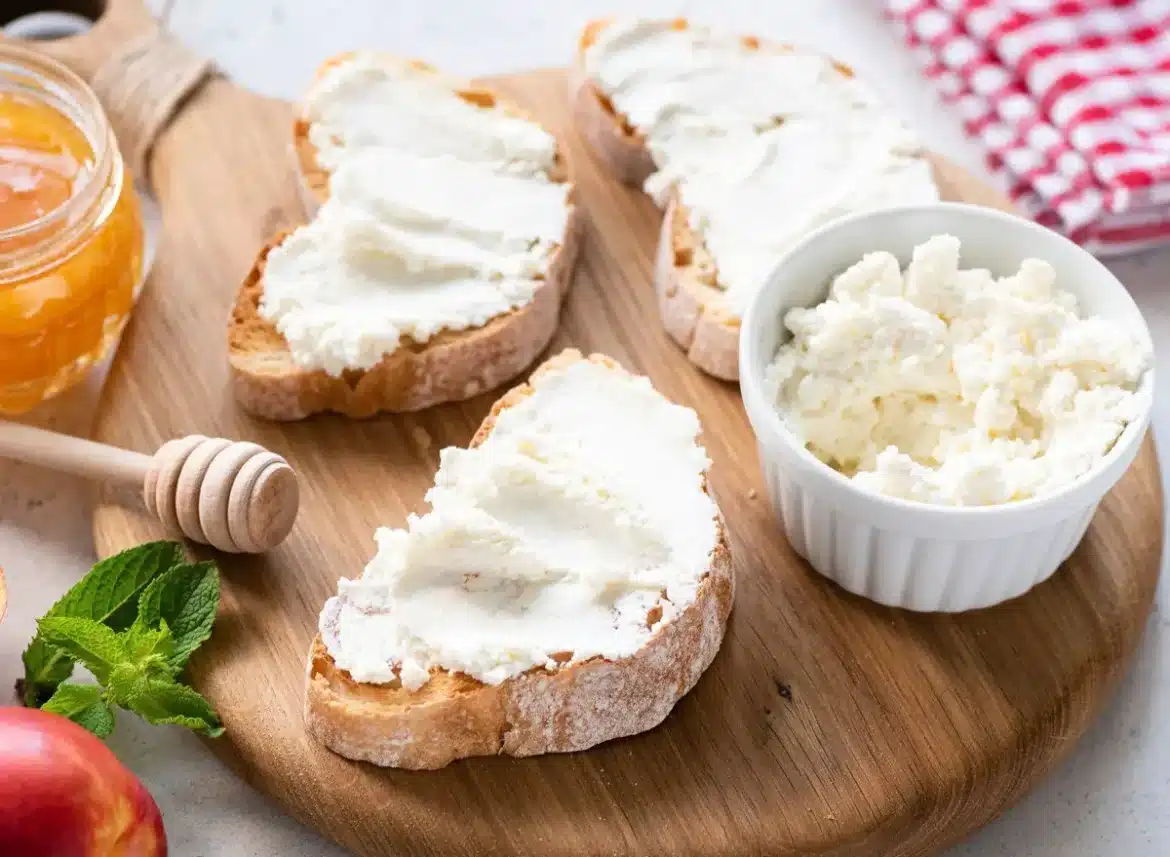Introduction
Which Cheese Is Best For Weight Loss: The relationship between cheese and weight loss might seem paradoxical at first glance. Cheese is often associated with indulgence and richness, which can lead one to question whether it has a place in a weight-conscious diet. However, the world of cheese is diverse, offering a spectrum of options that can either hinder or support your weight loss journey. “Which Cheese Is Best For Weight Loss” aims to unravel this culinary conundrum, providing you with insights into the types of cheese that can align with your health and wellness goals.
Cheese, a dairy product that varies widely in flavor, texture, and nutritional composition, can indeed be part of a balanced diet designed for weight loss. While some cheese varieties are high in saturated fats and calories, others are surprisingly low in fat and calories while remaining rich in protein and essential nutrients.
Navigates the labyrinth of cheese choices, examining factors such as fat content, calorie density, and nutritional value. We will explore how cheese can be a source of high-quality protein, calcium, and other essential vitamins and minerals. Moreover, we will uncover which types of cheese are best suited for weight loss, taking into account their potential to satisfy cravings, provide a feeling of fullness, and support muscle preservation.
But it’s not just about which cheese to choose; it’s also about moderation and smart pairings. We will delve into portion control and creative ways to incorporate cheese into your diet without sabotaging your weight loss efforts. Whether you are a cheese connoisseur or a casual enthusiast.
Join us on this delectable journey through the world of cheese, where we’ll explore the delicate balance between flavor, nutrition, and weight management. By the end of our exploration, you’ll have a newfound appreciation for the cheese aisle and a better understanding of how to make cheese your ally in achieving a healthier you.

What cheese is healthy for weight loss?
Cheese variants such as Feta, low-fat cottage cheese, cheddar, swiss, and parmesan are excellent choices for weight loss, especially regarding reducing belly fat.
When considering cheese for weight loss, it’s essential to focus on varieties that are lower in calories and saturated fats while still providing valuable nutrients like protein and calcium. Some healthier cheese options include:
Cottage Cheese (Paneer): Cottage cheese is a popular choice for weight loss due to its high protein content, which can help you feel fuller for longer. It’s also lower in fat than many other cheeses.
Feta Cheese: Feta is lower in calories and fat compared to some other cheeses. Its strong flavor means that a little goes a long way in adding flavor to dishes.
Mozzarella Cheese: Part-skim mozzarella cheese is a good option as it is lower in fat while still being a good source of protein and calcium.
Parmesan Cheese: Parmesan is a flavorful cheese, and a little can add a lot of taste to dishes. It’s also relatively low in calories compared to other hard cheeses.
Swiss Cheese: Swiss cheese is lower in fat and has a nutty flavor. It can be a good choice in moderation.
While these cheeses can be part of a weight loss plan, it’s essential to watch portion sizes. Cheese, even the healthier options, is calorie-dense, so eating it in moderation is key to achieving your weight loss goals.
Can I eat cheese during weight loss?
Just like other dairy products, cheese too is rich in calcium and protein. Research suggests that when our bodies get adequate amounts of calcium, we tend to burn more fat. Also, with cheese being protein-rich, it accelerates your metabolism and reduces appetite, thereby helping you achieve weight loss.
Yes, you can include cheese in your diet during weight loss, but it should be consumed in moderation and as part of a balanced diet. Cheese is a source of essential nutrients like protein, calcium, and vitamins, but it can also be calorie-dense and high in saturated fats, which is why portion control is crucial.
Choose lower-fat cheese options like cottage cheese, mozzarella, or feta when possible. Be mindful of how you incorporate cheese into your meals. Instead of consuming it in excess, use it to enhance the flavors of dishes in smaller quantities.
It’s also essential to consider overall calorie intake. If you’re adding cheese to your diet, ensure that it fits within your daily caloric goals for weight loss. Ultimately, cheese can be a tasty and satisfying addition to your meals, but it should be enjoyed in moderation as part of a balanced eating plan.
Which cheese is best for weight loss in India?
Feta cheese has few calories than any other cheese, so it a good choice for weight loss. 28 grams of feta cheese contains 75 calories. However, feta cheese is high in sodium, so it is advised to drink plenty of water if you have it. Just because cheese is good for health, that does not mean you can have any.
In India, when considering cheese for weight loss, one of the most popular and widely consumed options is paneer, also known as cottage cheese. Paneer is an excellent choice for weight loss for several reasons:
High Protein Content: Paneer is rich in protein, which can help you feel full and satisfied, reducing the chances of overeating.
Lower in Fat: Compared to many other cheeses, paneer is relatively lower in fat, making it a healthier option for those looking to manage their calorie intake.
Versatility: Paneer can be incorporated into a wide range of Indian dishes, from curries to salads, making it a versatile ingredient that can fit into various meal plans.
Rich in Calcium: Paneer is a good source of calcium, which is essential for bone health.
When consuming paneer for weight loss, it’s still important to watch portion sizes and choose healthier cooking methods like grilling or sautéing rather than frying. Combine paneer with a variety of vegetables and whole grains to create balanced and nutritious meals that support your weight loss goals.
Does paneer help in weight loss?
Paneer is known for its potential weight loss benefits. It is high in protein and low in carbs, making it a valuable addition to a weight-loss diet. Protein is an essential nutrient vital to repairing and building tissues. In addition, it helps maintain muscle mass and supports numerous metabolic processes.
Yes, paneer, or cottage cheese, can be beneficial for weight loss. Here’s how paneer can contribute to a weight loss plan:
High Protein Content: Paneer is rich in protein, which is known to increase feelings of fullness and reduce appetite. This can help you control your calorie intake and reduce the likelihood of overeating.
Low in Carbs: Paneer is relatively low in carbohydrates, making it a suitable option for those following low-carb or ketogenic diets.
Rich in Calcium: Calcium is essential for various bodily functions, including metabolism. Adequate calcium intake can support weight management.
Versatility: Paneer can be incorporated into a wide range of dishes, both savory and sweet, making it a versatile ingredient that can enhance the taste of your meals.
However, while paneer can be a valuable addition to your weight loss plan, it’s crucial to consume it in moderation and be mindful of overall calorie intake. Choose healthier cooking methods like grilling or sautéing instead of frying, and combine paneer with a variety of vegetables and whole grains to create balanced and nutritious meals. Weight loss is ultimately achieved through a combination of dietary choices, portion control, and regular physical activity, and paneer can be a part of that holistic approach.
Can we eat one cheese slice daily?
If you are not allergic to milk protein, enjoying cheese every day is fine. As with many foods, eating cheese in moderation may offer potential health benefits. Cheese complements a wide array of delicious culinary dishes—find out how you can enjoy cheese every day with our repertoire of cheese recipes!
Consuming one cheese slice daily can be part of a balanced diet, but it should be done in moderation and as part of an overall healthy eating plan. Cheese slices vary in terms of size, type, and calorie content, so it’s essential to be mindful of portion sizes and nutritional factors.
Cheese slices are convenient but can be calorie-dense and may contain saturated fats. If you choose to have one cheese slice daily, consider opting for lower-fat cheese varieties or those with fewer calories. Part-skim mozzarella or reduced-fat cheese slices are examples of options that are lower in fat compared to full-fat cheese slices.
It’s also crucial to balance your cheese intake with other components of your diet. Ensure that you are getting a variety of foods, including fruits, vegetables, whole grains, and lean proteins, to meet your nutritional needs. Cheese can provide valuable nutrients like calcium and protein, but overconsumption of high-calorie foods can lead to weight gain.
Ultimately, enjoying one cheese slice daily can fit into your diet as long as it aligns with your calorie goals, dietary preferences, and overall nutritional plan.
How much cheese per day?
“If your diet, in general, is very low in saturated fats and sodium, having two to three ounces of cheese a day may be safe,” says Supan. “If you’re trying to eat healthy or have any heart concerns, I would try to stick to one ounce of high-quality cheese a day, or maybe even less than that a few times a week.”
The amount of cheese you can consume per day depends on your dietary goals, calorie needs, and the type of cheese you choose. Cheese is calorie-dense, so portion control is essential to avoid excessive calorie intake. A typical serving size for cheese is about 1 ounce (28 grams), which is roughly the size of a pair of dice.
For many individuals, including one to two servings (1-2 ounces) of cheese per day can fit into a balanced diet without significantly impacting weight. However, it’s important to consider the type of cheese you’re consuming. Opt for lower-fat or reduced-calorie cheese varieties when possible.
Keep in mind that cheese can be a source of essential nutrients like calcium and protein. It can also add flavor and variety to your meals. To make the most of your daily cheese allowance, consider incorporating it into meals that are rich in vegetables, lean proteins, and whole grains.
Remember that individual calorie needs vary, so it’s advisable to consult with a registered dietitian or healthcare professional to determine the ideal cheese intake based on your specific dietary goals and nutritional requirements.
Is curd cheese good for weight loss?
Curd contains high amounts of calcium which helps in keeping the BMI levels in check. Probiotics present in curd keeps the digestive system in check and improves metabolism, thus facilitating the weight loss process.
Curd cheese, often referred to as cottage cheese or paneer, can be a beneficial addition to a weight loss plan for several reasons:
High Protein Content: Curd cheese is rich in protein, which can help increase feelings of fullness and reduce appetite. This can assist in calorie control and prevent overeating.
Low in Carbs: Curd cheese is relatively low in carbohydrates, making it a suitable option for those following low-carb diets.
Versatility: Curd cheese can be incorporated into various dishes, both savory and sweet, adding texture and flavor to your meals.
Rich in Calcium: Calcium is important for bone health and may play a role in weight management.
Nutrient Density: Curd cheese provides essential nutrients, including vitamins and minerals, making it a nutrient-dense food choice.
However, while curd cheese can support weight loss, it’s essential to consume it in moderation and as part of a balanced diet. Be mindful of portion sizes and avoid excessive consumption, as even healthy foods can contribute to weight gain when consumed in large amounts.
Consider incorporating curd cheese into meals that include a variety of vegetables and whole grains to create well-rounded, satisfying dishes. As with any weight loss plan, it’s essential to focus on overall calorie intake, portion control, and regular physical activity to achieve and maintain your weight loss goals.
Is ghee good for you to lose weight?
Ghee is rich in omega-6 and 3 fatty acids, which aid in weight loss and much more quickly shape your body. Ghee encourages the body’s fat tissue to be burned in order to produce energy. This promotes losing weight more rapidly. The amino acid content of the ghee encourages the fat cells in your body to shrivel.
Ghee, a type of clarified butter commonly used in Indian cuisine, is calorie-dense and primarily consists of saturated fats. While it is a flavorful and integral part of many traditional dishes, it is not typically recommended as a primary dietary choice for weight loss.
The high-calorie content of ghee means that it can contribute significantly to your daily caloric intake if consumed in excess. Weight loss generally requires a calorie deficit, where you consume fewer calories than you burn. Consuming calorie-dense foods like ghee in large quantities can make it challenging to achieve and maintain this deficit.
If you enjoy the taste of ghee and wish to include it in your diet, it’s important to do so in moderation. Limit the amount of ghee used in cooking and consider healthier cooking oils or methods for most of your meals. It’s crucial to focus on portion control and balance ghee consumption with a variety of nutrient-dense foods, including vegetables, lean proteins, and whole grains.
While small amounts of ghee can be enjoyed as part of a balanced diet, relying on it as a primary source of fat can hinder weight loss efforts due to its high-calorie and saturated fat content. Weight loss is best achieved through a holistic approach that includes portion control, balanced nutrition, and regular physical activity.

Conclusion
The quest for the perfect cheese in the context of weight loss has led us through a flavorful journey of discovery. “Which Cheese Is Best For Weight Loss” has illuminated the nuanced world of cheese, unraveling its potential as both a culinary delight and a strategic tool for those on a mission to shed excess pounds.
We’ve learned that cheese, despite its reputation for richness, can indeed be a valuable addition to a weight-conscious diet. The key lies in making informed choices, and has armed you with the knowledge needed to navigate the cheese aisle with confidence. We’ve explored the importance of factors like fat content, calorie density, and nutritional value, all of which play pivotal roles in determining which cheeses align best with your weight loss goals.
By examining the diverse array of cheese varieties available, we’ve uncovered options that are not only delicious but also nutritionally sound. Some best cheeses are surprisingly low in fat and calories while remaining excellent sources of high-quality protein, calcium, and essential vitamins and minerals. These cheeses can satisfy your cravings, promote a sense of fullness, and support muscle preservation—all while tantalizing your taste buds.
Our exploration also underscored the importance of portion control and creative pairings. You’ve discovered that enjoying cheese in moderation and incorporating it into well-balanced meals can enhance your culinary experience without compromising your weight loss efforts.
The question of which cheese is best for weight loss is not one of exclusion but of selection. The cheese world offers a bounty of options, and the best cheese for you is the one that aligns with your dietary preferences, nutritional needs, and personal goals. As your compass, you can confidently savor the delightful world of cheese while pursuing a healthier and more vibrant lifestyle.
As you embark on your cheese-infused journey toward weight loss, remember that balance, moderation, and mindful choices are the keys to success. Embrace the versatility of cheese, relish its flavors, and savor the knowledge that it can be both a culinary pleasure and a partner in your weight loss endeavors.


1 comment
… [Trackback]
[…] Read More on that Topic: thefitnessblogger.com/which-cheese-is-best-for-weight-loss/ […]